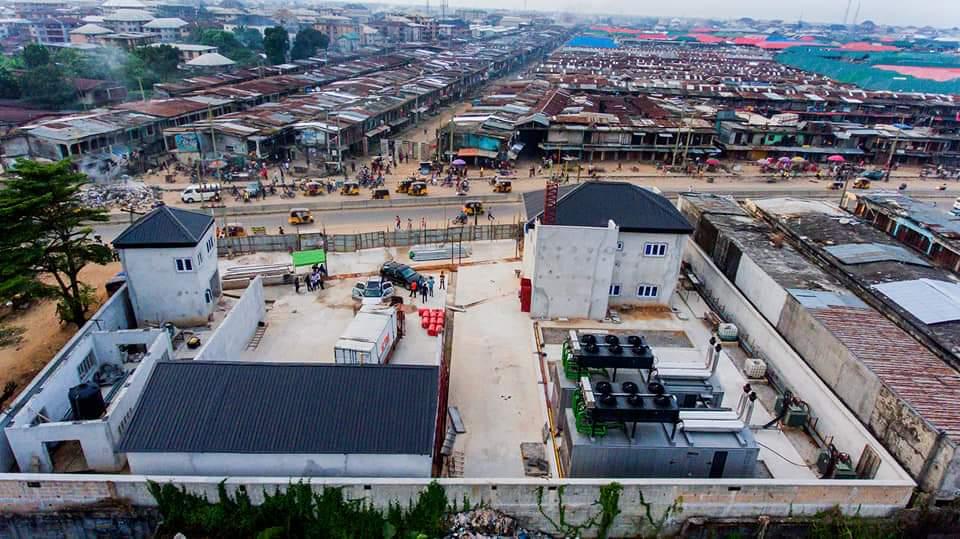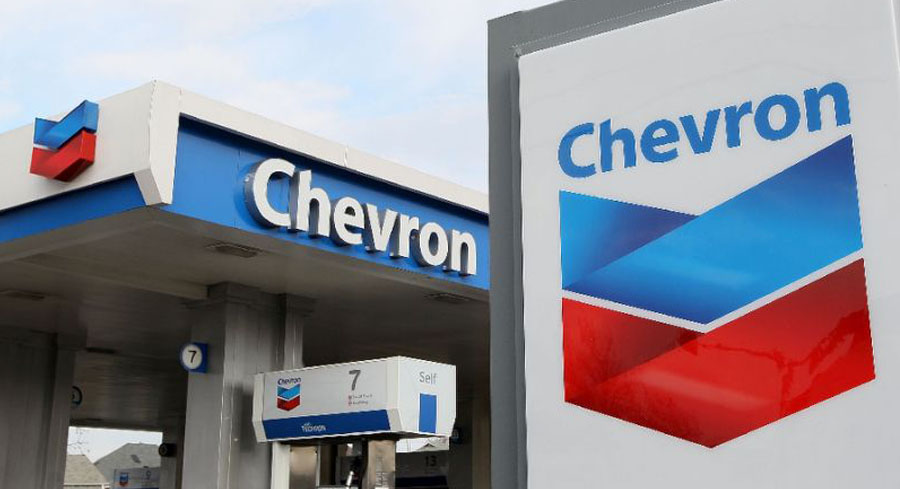Indications have emerged that the Nigerian National Petroleum Corporation (NNPC) is currently in serious trouble of sustaining the current pump price of petrol following the inability of all four refineries to measure up to expected rise in production after repairs.
Another factor creating the anxiety is the stoppage of products imports by independent marketers, thus exerting excess pressure on NNPC.
Now, the corporation seems to have gotten the magic wand to navigate away from the emerging fuel scarcity regime in a recession ridden economy. NNPC had severally made it clear that the economy will become worse if there is a hike in fuel.
The magic wand is the completed arrangements to sign a $6 billion worth of deals to exchange more than 300,000 barrels per day (bpd) of crude oil for imported premium motor spirit (PMS) otherwise known as petrol and diesel.
The decision to bring back the crude oil-for-product deal commonly referred to as SWAP is connected to the inability of the local refinery to function as well as the inability of independent petroleum marketers to import finished products.
The contracts are to come three months later than expected, even as three more pairs of companies are included thereby increasing the number of participating companies than that of last year.
This year’s deal includes international trading houses, not just oil refineries. The 2016 contracts included only companies with refineries in an effort to cut out middlemen.
The latest list contains several companies from 2016, including Varo Energy, Societe Ivorienne de Raffinage (SIR), Total and Cepsa. Italy’s ENI and India’s Essar, which won 2016 contracts, are absent from this year’s list but Socar and Mercuria are new additions.
The contracts were initially planned to begin in April but last year’s swap deals were extended at least twice in order to give the NNPC more time to negotiate. NNPC had previously said this year’s contracts would exchange up to 800,000 bpd of crude oil, though at some 40 percent of peak exports that target was seen by markets as unlikely.
Business Hilights had last week reported that the NNPC had been solely importing 95 per cent of products consumed across the country as independent marketers blamed huge outstanding debts and lack of foreign exchange (FOREX) for refusal to import.
Sources close to NNPC had told Reuters that at least four of the 10 groups of companies involved have signed contracts and are set to begin from July 1, with the rest expected to do so today.
It would be recalled that come July 1, Nigeria will switch over to higher quality, lower-sulphur fuels that create less toxic fumes.
Analysts say Sulphur levels were the major point in the negotiations. The Ministry of Environment and the Standards Organization of Nigeria, responsible for setting requirements for imported goods, promised a switch to 150 ppm gasoline and 50 ppm diesel.









